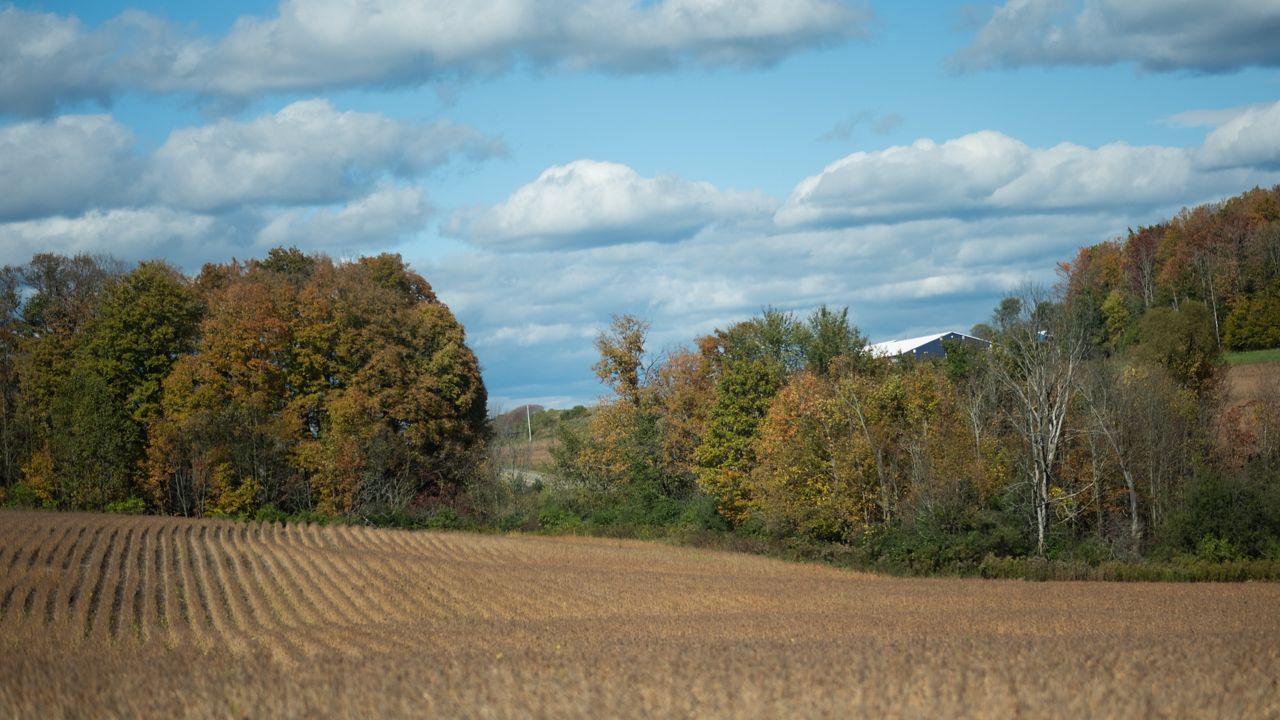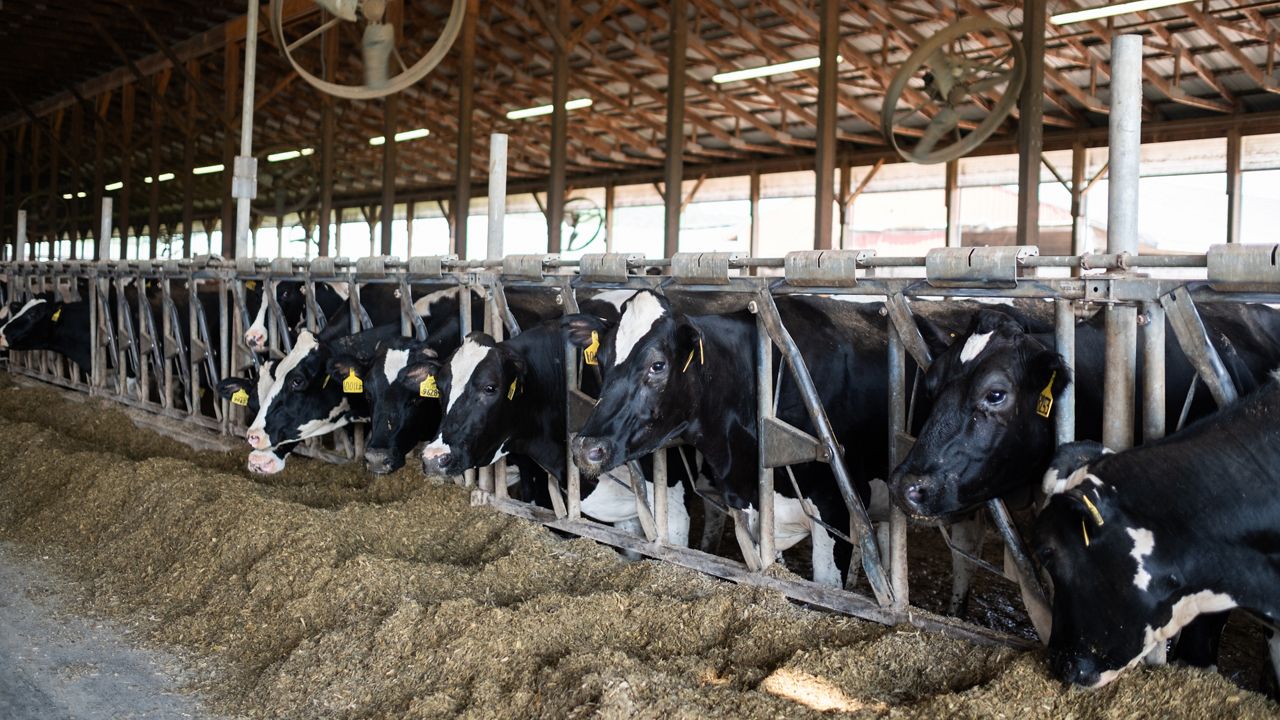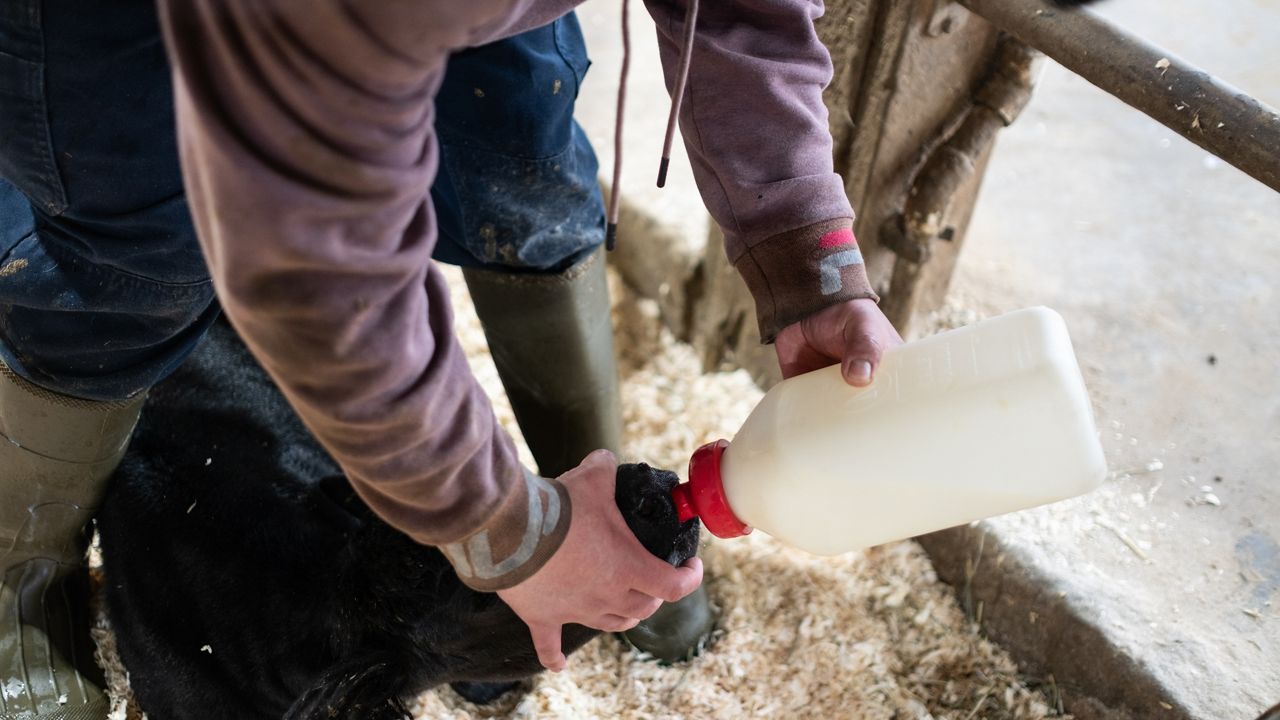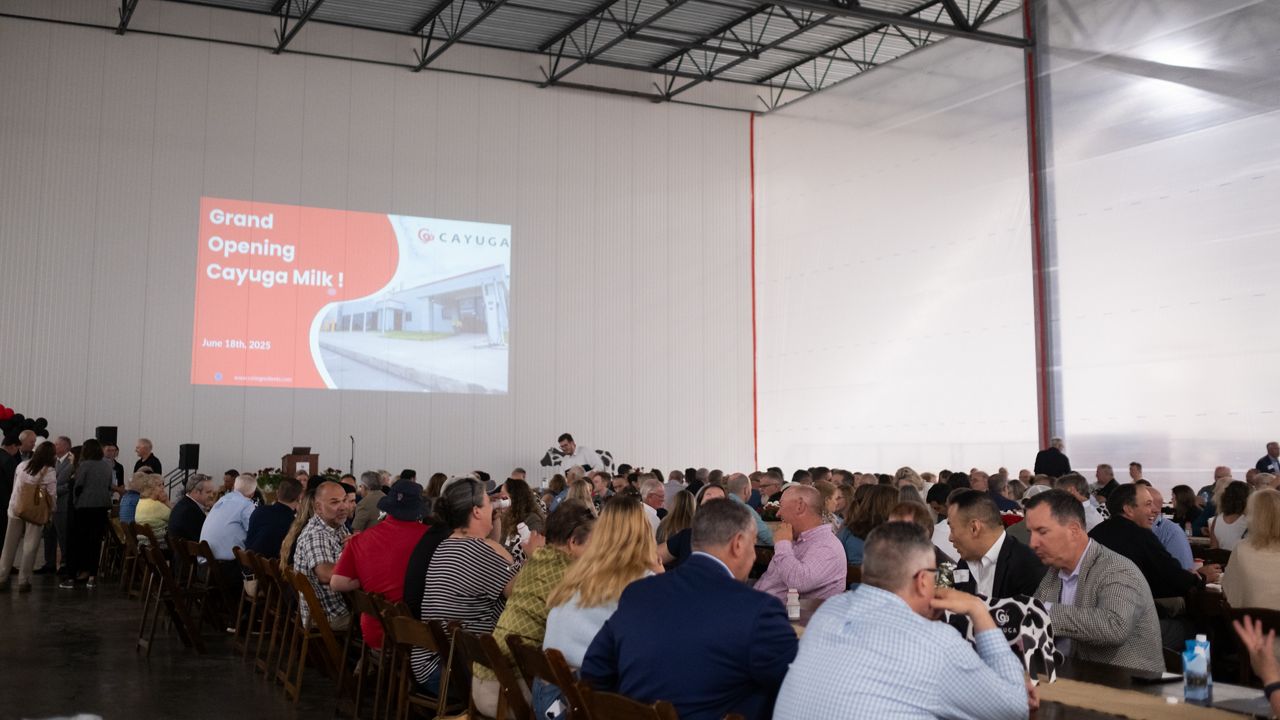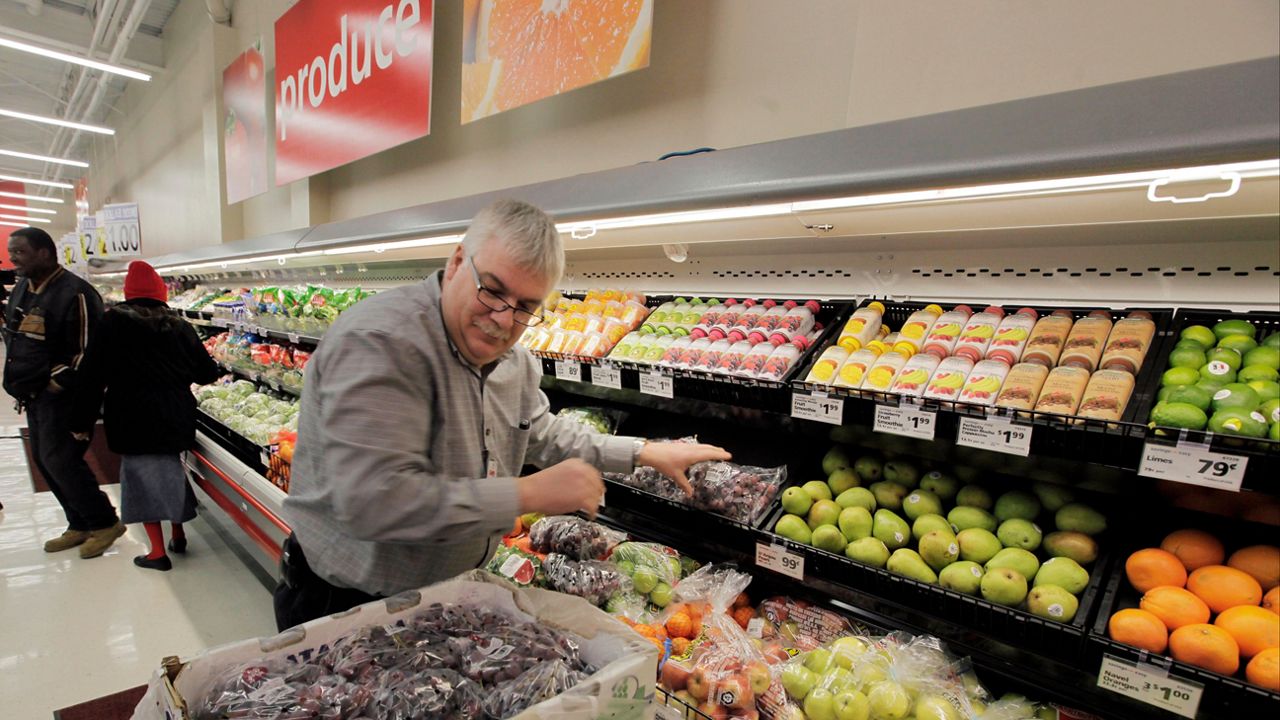A bill that would have put a five-year moratorium on the use of sewage sludge on farmland did not pass the New York state Assembly before the end of this year’s legislative session despite bipartisan support early on.
“If you look at the votes, you’ll see it was unanimous ‘yes,’ bipartisan, and then last minute, the same people who voted ‘yes’ all voted ‘no’ in the Rules Committee,” said state Assemblywoman Anna Kelles, a Democrat and sponsor of the bill.
At the end of session, there was a push from lobbyists in favor of the use of biosolids, which Kelles said swayed other members of the chamber.
“There’s at least one very large private equity firm in one county here in New York mixing our sludge from our toilets and our sinks, our residential and commercial waste, mixing it with wood chips and selling it back to us for huge profits for landscaping, compost, agricultural soil amendments with no disclosure [of PFAS chemicals],” Kelles said.
Several upstate New York communities discovered PFAS in drinking wells near where sludge was spread. PFAS, also known as forever chemicals, gets into the wastewater through household products, cookware and more, which results in biosolids that are contaminated.
The bill made it through the committees but did not get a vote on the floor on the last day of session on Tuesday. However, it will stay on the floor since all bills on a third reading will still be there the following session, Kelles said.
The New York Water Environment Association (NYWEA), a member organization for wastewater treatment operators, advocated against the bill arguing that there are no good options for disposing of biosolids and the moratorium would cost New Yorkers more money.
“There are three ways for us to deal with biosolids. We either burn it — which New York state is not interested in incineration anymore in any form — land apply on farm fields or other places, or put it on a landfill as daily cover,” said Khris Dodson, executive director of NYWEA.
If the option of land applying were to be banned, it would cost tens of thousands of dollars more to dispose of biosolids, Dodson said.
Some localities have taken action on their own. The Steuben County towns of Thurston and Cameron both enacted local laws banning the use of sewage sludge. Schoharie and Albany counties have moratoriums against its use as well.
State Sen. Chris Ryan, a Democrat from Central New York, voted against the Senate version of the bill that passed last week because he said communities in his district, like Minoa, would be impacted financially.
“Minoa relies on land application of biosolids as a safe and cost-effective disposal method. The moratorium would leave the village with few affordable alternatives and could shift additional burdensome costs to local taxpayers,” Ryan said in a statement.
- Sewage sludge ‘poisoned’ drinking wells in Steuben County
- PFAS and you: A look at how ‘forever chemicals’ impact people
- Solving the complex PFAS problem
- Sludge spreading raises liability concerns, fertilizer questions for farmers
- 5 takeaways from the Spectrum News 1 sewage sludge investigation
- 'Suffering the consequences': Why Maine banned sewage sludge spreading and how farmers are adjusting
- 'Don't spread on me': Steuben County neighbors clamor for a ban on speading sewage sludge
- Why New York plans to double sewage sludge spreading as EPA issues health risk





